Wild West Words: COFFEE & JOHNNYCAKE
COFFEE
On December 16, 1773, American patriots, protesting British taxation on imported commodities, ruined 92,000 pounds of English tea by throwing it into Boston Harbor. The infamous “Boston Tea Party” marked the moment when tea fell out of favor with Americans. Almost immediately, drinking coffee became emblematic of patriotism and American autonomy.
America’s first coffee roaster opened in New York City in 1793, making roasted beans available to local taverns and restaurants. Within a few years, a score of roasters were established in New York, Philadelphia, and Boston.
Coffee fanned across the continent with westering adventurers and settlers. The Lewis and Clark expedition had stowed in its larder 50 pounds of green coffee beans which were roasted, ground, and filtered at various encampments. Civil War soldiers went to battle with coffee beans as a primary ration.
Here is an example of a new nation adopting an old word and a novel gastronomic commodity. Coffee comes to English ultimately from the Arabic term qahwah, perhaps based on Kaffa, the name of the Ethiopian highlands where the tree is said to originate.
Throughout the 16th and 17th centuries English speakers represented the original Arabic term with such spellings as cahve, kauhe, capha, caffa, and cophee. Coffee was firmly in place by the 1700s.
American English speakers, in their fondness for coffee, have given it several affectionate nicknames. Java comes from the Indonesian island famous for its coffee harvests and exportations, and by the early 1800s it had become a generic term for coffee regardless of its origins. Western adventurer Louis Hector Garrard, in his 1850 memoir of travels throughout the Southwest, Wah-to-yah and the Taos Trail, recalled roping and milking wild cows in order to suffuse his “nectar-like Java” with milk.
Jamoke or jamoka, US Navy and Army slang for “strong black coffee,” blends Java and Mocha, the latter the name of the Arabian port from which coffee was shipped in the 18th century. The port name is also associated with a drink combining chocolate and coffee flavors.
A cup of joe is American English slang for a serving of coffee, and has been so since around 1930. This is a slippery bit of jargon because its origin has never been determined. One theory has joe derived from the Stephen Foster tune “Old Black Joe,” popular in the late 19th century. Another idea relates the name Joe to the common man, the one on the streets, as in regular Joe, Joe Blow, and GI Joe.
The generic name for an average guy may have eventually been extended to his daily beverage.
JOHNNYCAKE
Wheat and barley— common European and Middle Eastern crops — did not take readily to eastern American soils. Many decades passed before early European immigrants established reliable grain harvests for their staple foods.
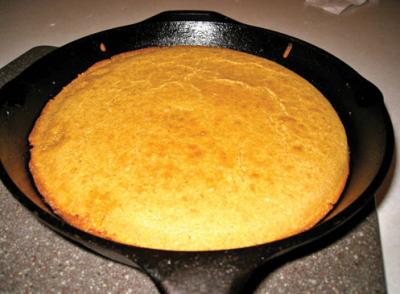
The eastern seacoast natives, meanwhile, had been harvesting maize for centuries, supplementing their diets with preparations of parched, ground, boiled, and roasted maize kernels. European newcomers soon learned that such preparations could save their settlement populations from starvation.
Corn was a well-established English word for any type of edible grain such as wheat, rye, barley, and the like. In this tradition, English speakers began calling the native maize “Indian Corn.” In time, American colonists and their descendants adopted and adapted “Indian Corn” preparations into such traditional dishes as corn pone, chowder, hominy, spoonbread, succotash, hush puppies.
The johnnycake, a type of corn flatbread, may be the simplest expression of maize cuisine. Most recipes call for nothing more than cornmeal, boiling water, salt, and a hot skillet to make what has been variously called johnnycake, ashcake, battercake, corn cake, cornpone, hoe cake, journey cake, mush bread, and Shawnee cake. The recipe has followed westward migration, becoming a staple in lumber camps, gold fields and railroad settlements throughout the nation.
The “johnny” in johnnycake is not likely a reference to a name. Though the word’s origin is unknown, there is evidence that when it was seen in print circa 1739, it was a misspelling of journey cake, a reference to its durability when packed as trail food.
Another possibility is that johnnycake is a slurring of the term Shawnee cake, a reference to the people native to present-day Maryland, Pennsylvania, Virginia and West Virginia, who may have been the first to share the “johnnycake” recipe with colonizing Europeans.

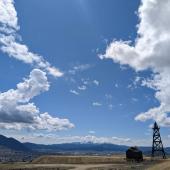
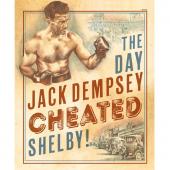
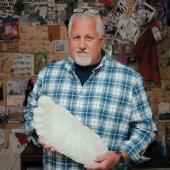
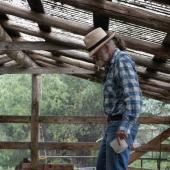
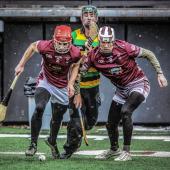

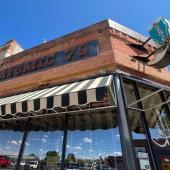

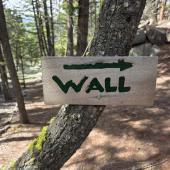
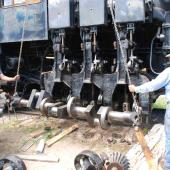
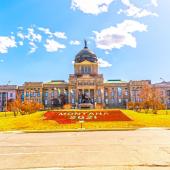
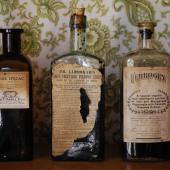
Leave a Comment Here